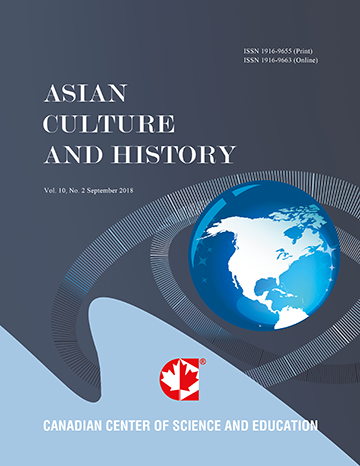Religious Involvement Effects on Mental Health in Chinese Americans
- Bu Huang
- Hoa Appel
- Amy Ai
- Chyongchiou Lin
Abstract
Faith has been shown to serve a protective role in the mental health of African Americans and European Americans. However, little research has examined whether any association exists in Asian Americans. Using the National Latino and Asian American Study dataset, we examined the effect of religious attendance on the mental health of Asian Americans in the United States. The present study focused on Chinese Americans because they are the largest Asian American group. The results revealed that almost 80% of the respondents were foreign-born and that their English proficiency had a positive association with their self-rated mental health. Being male correlated significantly to higher levels of mental health self-rating. After controlling for known predictive variables, such as demographics, cultural and immigration variables, more frequent religious attendance significantly predicted higher self-rating of mental health. These findings suggest that faith may have a unique protective role in Chinese Americans’ mental health.- Full Text:
 PDF
PDF
- DOI:10.5539/ach.v4n1p2
Journal Metrics
Google-based Impact Factor (2017): 5.42
h-index (January 2018): 11
i10-index (January 2018): 21
h5-index (January 2018): 6
h5-median (January 2018): 9
Index
- Academic Journals Database
- CNKI Scholar
- COPAC
- EconPapers
- Elektronische Zeitschriftenbibliothek (EZB)
- Excellence in Research for Australia (ERA)
- Genamics JournalSeek
- Google Scholar
- Infotrieve
- LOCKSS
- MIAR
- NewJour
- Open J-Gate
- PKP Open Archives Harvester
- Publons
- RePEc
- Scilit
- SHERPA/RoMEO
- Standard Periodical Directory
- Technische Informationsbibliothek (TIB)
- The Keepers Registry
- Universe Digital Library
- WorldCat
Contact
- Ivan YongEditorial Assistant
- ach@ccsenet.org
